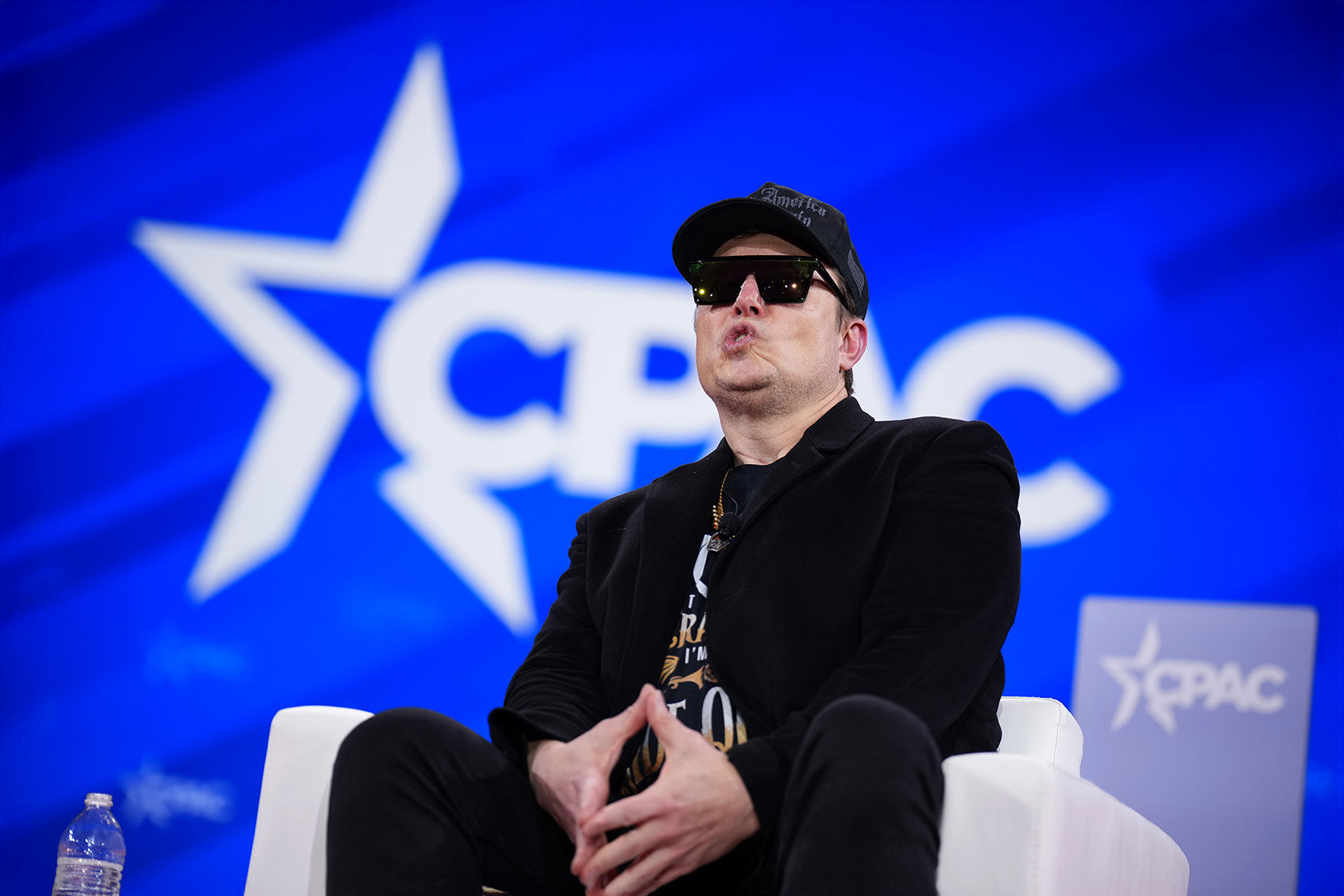Nevada state regulators have accused The Boring Company, founded by Elon Musk, of committing nearly 800 environmental violations over the past two years. These allegations arise as the company constructs a tunnel network beneath Las Vegas for its Tesla-powered “people mover” project. The violations reportedly include unauthorized excavation, discharging untreated water onto city streets, and spilling debris from construction vehicles.
A cease-and-desist letter dated September 22, 2023, from the Nevada Division of Environmental Protection (NDEP) outlines the company’s continued non-compliance with a previous settlement agreement. This agreement followed a fine five years ago for illegally discharging groundwater into storm drains without a permit. The 2022 settlement was meant to compel The Boring Company to adhere to state water pollution laws, but state inspectors have documented almost 100 new violations since then.
The letter highlights the company’s failure to fulfill its obligation to hire an independent environmental manager to conduct regular inspections. According to NDEP, there were 689 missed inspections of construction sites. In response to the allegations, a state spokesperson indicated that The Boring Company is disputing the letter.
Under the terms of the 2022 agreement, the company could have faced penalties exceeding $3 million. Instead, NDEP chose to impose a reduced total fine of $242,800. This lower amount was primarily associated with the missed inspections; regulators opted for a fine of $10,000 for each of the company’s eleven permits, eventually deciding on two fines of $5,000 per permit that they believe would adequately deter future violations.
Payment of the penalty will not be necessary until after the dispute resolution process concludes. The letter from NDEP also emphasizes the agency’s authority to direct The Boring Company to halt construction activities if compliance issues persist.
In the past, Musk has expressed a preference for paying fines over waiting for regulatory approvals. During a discussion with the libertarian Cato Institute last year, he remarked, “Environmental regulations are, in my view, largely terrible. You have to get permission in advance, as opposed to, say, paying a penalty if you do something wrong, which I think would be much more effective.”
Despite requests for comments, neither Musk nor representatives from The Boring Company responded.
Since starting construction in 2019, the Loop project has expanded from an initial 0.8-mile route connecting sections of the Las Vegas Convention and Visitors Authority campus to a planned 68 miles of tunnels with 104 stations across the Las Vegas Valley. This project is being conducted in partnership with the LVCVA, which is known for its “What Happens Here, Stays Here” slogan.
The Boring Company employs a machine called Prufrock to excavate 12-foot-diameter tunnels, using chemical accelerants in the process. For every foot of tunnel, approximately 6 cubic yards of soil and groundwater are removed. While the project is privately funded and does not receive federal assistance, it is still required to obtain state permits to prevent environmental contamination.
A report by ProPublica and City Cast Las Vegas earlier this year detailed how The Boring Company attempted to evade county and state oversight by claiming its project did not fall under existing regulations. This included promises for self-regulation through independent audits, despite facing citations for permitting and water pollution violations in 2019, 2021, 2022, and 2023. Last year, the company successfully lobbied to be exempt from a county permit for an “amusement and transportation system,” opting instead for a less rigorous oversight plan.
Workers have raised concerns about chemical burns from the waste produced during tunneling, and firefighters have had to decontaminate their equipment after responding to emergencies at the construction sites. In late 2023, Nevada’s Occupational Safety and Health Administration fined The Boring Company over $112,000 following complaints about hazardous conditions, including “ankle-deep” water in tunnels and muck spills. The company has contested these violations.
In a recent incident, a construction worker suffered a serious injury after being pinned between two 4,000-foot pipes, necessitating a crane operation for rescue.
Following the publication of the earlier ProPublica and City Cast Las Vegas report, both the CEO and the chairman of the LVCVA board defended the project, asserting it is well-regulated. LVCVA CEO Steve Hill cited a delayed opening of a Loop station due to concerns about fire safety, while board chair Jim Gibson, who is also a Clark County commissioner, emphasized that the project would not have received approvals if it posed safety risks.
In response to inquiries regarding the new proposed fines, an LVCVA spokesperson declined to comment further.
The ongoing allegations of regulatory violations raise serious questions about public safety and oversight in the face of The Boring Company’s rapid expansion. Ben Leffel, an assistant professor of public policy at the University of Nevada, Las Vegas, expressed concerns about the effectiveness of financial penalties. He noted that fines failing to significantly impact a company’s profits may not effectively deter future violations.
Contrasting this view, a state spokesperson maintained that NDEP is committed to monitoring the project and believes the imposed penalties will deter future non-compliance.





































































